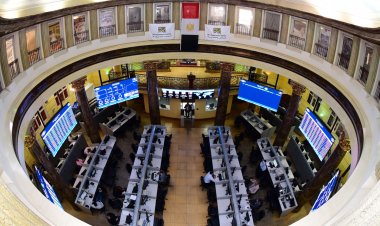Dubai surprises tourists by canceling 30 percent on alcoholic beverages
Dubai announced a new decision that would attract tourists to the country by canceling 30 percent on alcoholic beverages.

Dubai strengthens its ability to attract foreigners by canceling a 30 percent tax on alcohol.
With the beginning of the new year, Dubai announced a new decision that would attract tourists to the country.

Alcoholic beverages
Dubai previously allowed the sale of alcohol in Ramadan, and permitted the consumption of alcoholic beverages in homes during the outbreak of the epidemic.
Many see the move to abolish the alcohol tax as an attempt to make Dubai appear more attractive to foreigners, in light of the intense competition in this regard from neighboring countries.
It is not yet clear whether the decision that took effect yesterday will remain in place, knowing that this step is a one-year trial.
There are nine times more expatriates than the indigenous population in Dubai - also known as the party capital of the Gulf.
Dubai residents usually travel to "Umm Al Quwain" and other Emirates to buy quantities of alcohol.

Atract more tourists
Throughout history, Dubai has been able to attract more tourists and wealthy foreigners than neighboring countries, This is due in part to the more lenient and liberal lifestyle.
Today, however, Dubai is witnessing increasing competition from neighboring countries that are developing their sectors that attract foreigners, especially the hospitality and financial services sectors.
Under Dubai law, non-Muslims must be 21 or older to consume alcohol. Drinkers are supposed to carry plastic cards issued by the Dubai police that permit them to purchase, transport and consume beer, wine and liquor. Otherwise, they can face fines and arrest — even though the sheikhdom’s vast network of bars, nightclubs and lounges almost never ask to see the permit.
Still, relatively liberal Dubai is an outlier among others in the region. Sharjah, an emirate that borders Dubai to the north, outlaws alcohol, as do the nearby nations of Iran, Kuwait and Saudi Arabia.


 Rehab
Rehab 












